Stephen Doster
-
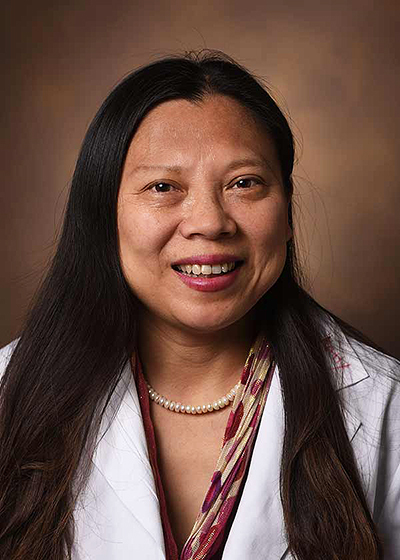
Inflammation in genetic epilepsy
Jan. 21, 2021, 11:00 AM by Leigh MacMillan Brain inflammation plays a role in human epilepsy, but most studies have focused on acquired epilepsies, such as those due to head trauma, viral infection or other insults. Neuroinflammation has never been reported in genetic epilepsy associated with ion channel gene mutations. … Read MoreJan. 28, 2021
-
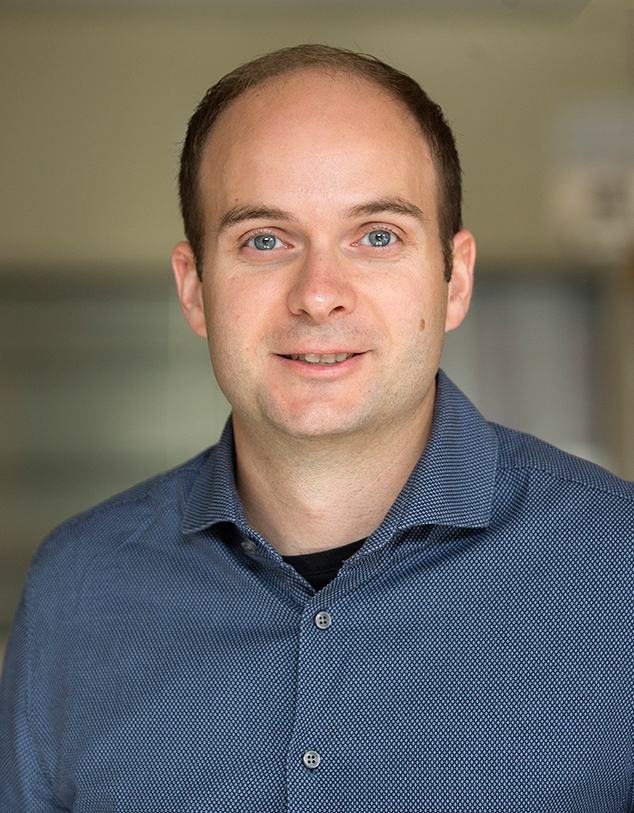
Newly discovered molecule disrupts virus infections through protein quality control pathways
by Marissa Shapiro Jan. 26, 2021, 9:00 AM A chemical probe molecule—a “first gen” molecule that can be used for drug development—that targets a host cell’s protein quality control pathways can dramatically reduce infection by Dengue and Zika viruses. The research led by Lars… Read MoreJan. 27, 2021
-

WIN for blocking cancer growth
Jan. 21, 2021, 10:00 AM by Sarah Glass WDR5 is a protein that is overexpressed in a variety of cancers. Inhibiting WDR5 by targeting the WDR5-interaction (WIN) site can inhibit the growth of cancer cells in vitro, but this mechanism of action has not been fully elucidated. Publishing in … Read MoreJan. 22, 2021
-
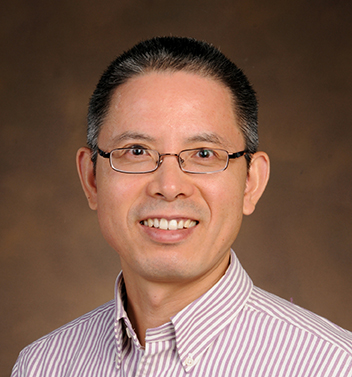
Early research shows promise for therapeutics that delay Type 2 Diabetes
by Marissa Shapiro Jan. 12, 2021, 9:00 AM Vanderbilt researchers have discovered a unique pathway that initiates islet β cell inflammation—a hallmark of type 2 diabetes—putting them a step closer to developing targeted therapeutics for the disease that affects one in 10 Americans. Wenbiao… Read MoreJan. 13, 2021
-
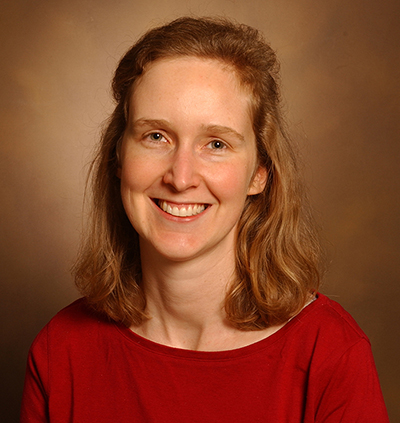
Borden Lacy named director of Vanderbilt’s Center for Structural Biology
by Marissa Shapiro Jan. 11, 2021, 9:00 AM Borden Lacy (Vanderbilt University) Borden Lacy, Edward and Nancy Fody Chair in Pathology and professor of biochemistry and pathology, microbiology and immunology, has been named director of the Vanderbilt Center for Structural Biology. She… Read MoreJan. 11, 2021
-

Siciliano named to 2021 ‘Forbes’ 30 under 30
by Marissa Shapiro Jan. 8, 2021, 9:06 AM Vanderbilt alumnus Graham Gaylor and Assistant Professor of Pharmacology Cody Siciliano have been selected for the 2021 Forbes “30 Under 30.” The 10th annual list recognizes 600 entrepreneurs, scientists, activists and entertainers changing the world. Graham… Read MoreJan. 8, 2021
-
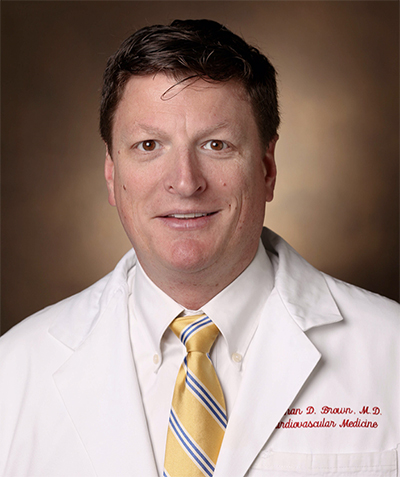
Genome editing technique “rescues” mice from accelerated aging disorder: study
Jan. 6, 2021, 10:31 AM by Bill Snyder Researchers from the Broad Institute of Harvard and MIT, the National Institutes of Health (NIH) and Vanderbilt University Medical Center for the first time have used a novel genome-editing technique to “rescue” mice from progeria, a rare genetic disease that causes accelerated… Read MoreJan. 7, 2021
-
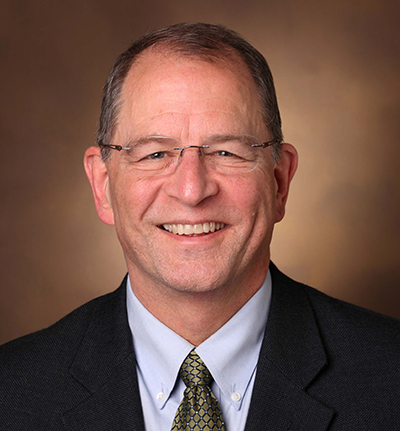
Vanderbilt researchers take leadership role in COVID-19 vaccine development
by Marissa Shapiro Dec. 18, 2020, 11:55 AM Work on COVID-19 theraputics at Vanderbilt University Medical Center (VUMC) As the United States and the rest of the world witness the rollout of new vaccines targeting COVID-19—as well as better treatment options to fight the… Read MoreDec. 18, 2020
-

Study reveals new strategy for reducing tumor growth, metastasis
Dec. 17, 2020, 10:05 AM Ann Richmond, MD, Chi Yan, PhD, Jinming Yang, PhD, and colleagues are studying ways to boost antitumor immunity and reduce tumor growth in breast cancer and melanoma. (photo by Donn Jones) by Leigh MacMillan A team of Vanderbilt investigators has discovered that blocking a certain… Read MoreDec. 17, 2020
-

ANCORA INNOVATIONS – Vanderbilt University | Deerfield
REQUEST FOR APPLICATIONS Rare Genetic Diseases Opening January 2021 Rolling Submission-Review Ancora Innovations is a collaboration between Vanderbilt University and Deerfield Management, focused on the union of Vanderbilt’s innovative life science discovery efforts and Deerfield’s commitment to accelerating state-of-the-art drug development. Deerfield will fund Ancora Innovation with up to $65… Read MoreDec. 17, 2020